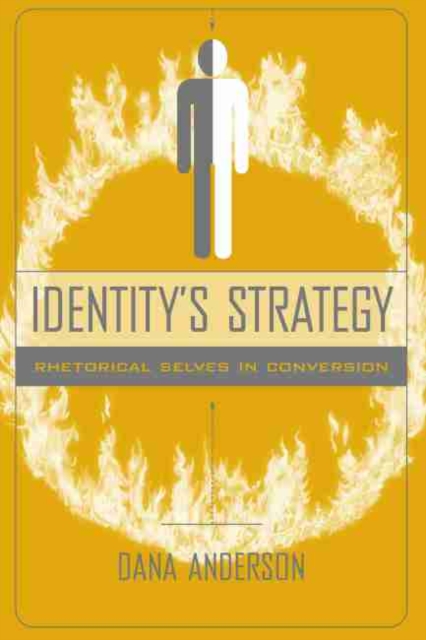
Identity's Strategy : Rhetorical Selves in Conversion Hardback
by Dana Anderson
Part of the Studies in Rhetoric/Communication series
Hardback
Description
This work is an investigation into the persuasive techniques inherent in presentations of identity. Anderson constructs a rhetorical theory for understanding persuasive strategies involved in the expression of personal identity.
Drawing on Kenneth Burke's ""Dialectic of Constitutions,"" Anderson analyzes conversion narratives to illustrate how the authors of these autobiographical texts describe dramatic changes in their identities as a means of influencing the beliefs and action of their readers.
The concept of Identity conveys the idea that people possess a certain capacity for self-understanding and self-definition.
Communicating this self-interpretation is inherently rhetorical.
Expanding on Burkean concepts of human symbol use, Anderson works to parse and critique such inevitable persuasive ends of identity constitution. Anderson examines the strategic presentation of identity in four narratives of religious, sexual, political, and mystical conversions: Catholic social activist Dorothy Day's ""The Long Loneliness"", political commentator David Brock's ""Blinded by the Right"", Deirdre McCloskey's memoir of transgender transformation, ""Crossing"", and the well-known Native American text ""Black Elk Speaks"".
Mapping the strategies in each, Anderson points toward a broader understanding of how identity is made - and how it is made persuasive.
Information
-
Out of Stock - We are unable to provide an estimated availability date for this product
- Format:Hardback
- Pages:216 pages
- Publisher:University of South Carolina Press
- Publication Date:30/12/2007
- Category:
- ISBN:9781570037061
Information
-
Out of Stock - We are unable to provide an estimated availability date for this product
- Format:Hardback
- Pages:216 pages
- Publisher:University of South Carolina Press
- Publication Date:30/12/2007
- Category:
- ISBN:9781570037061










